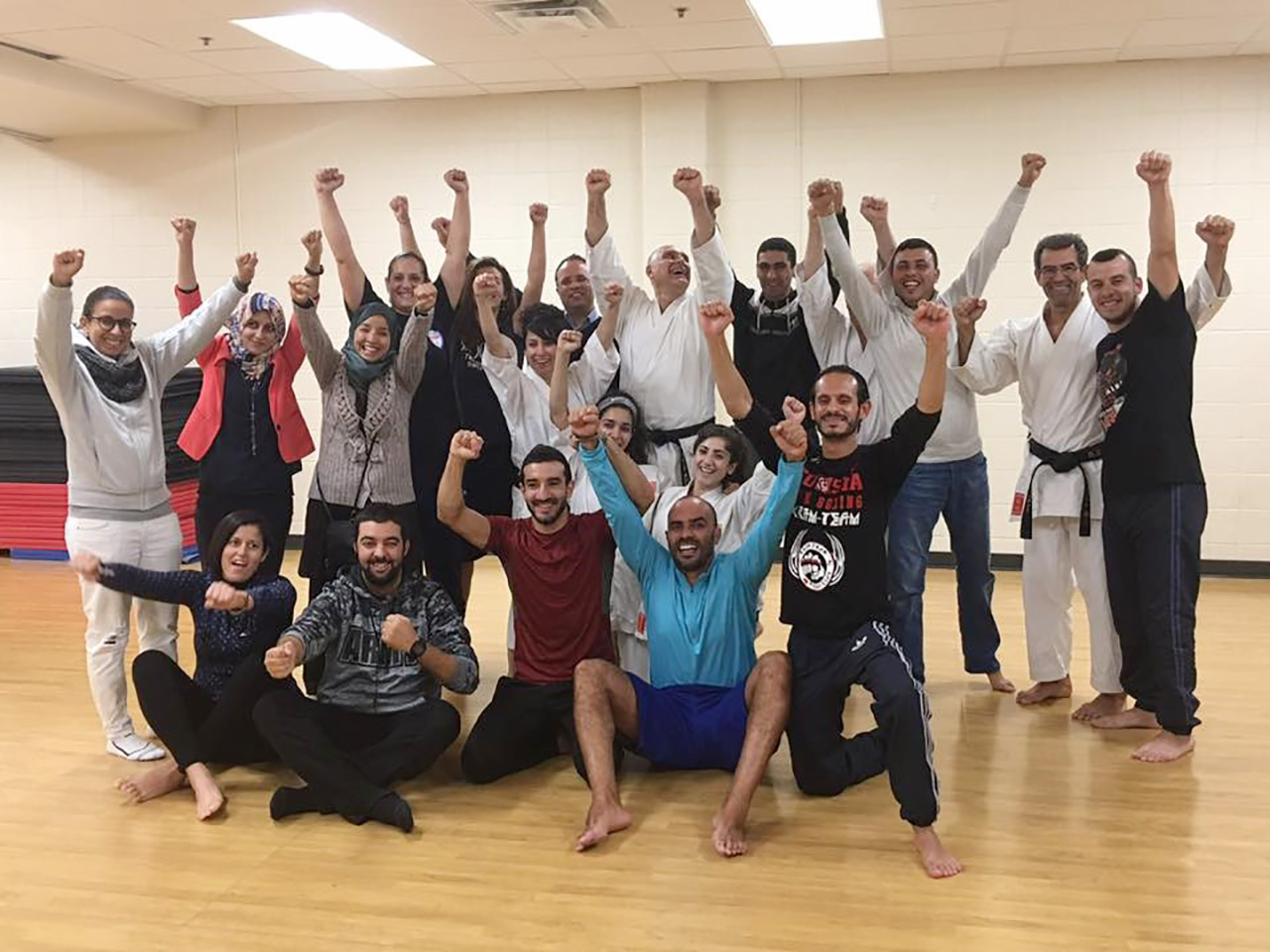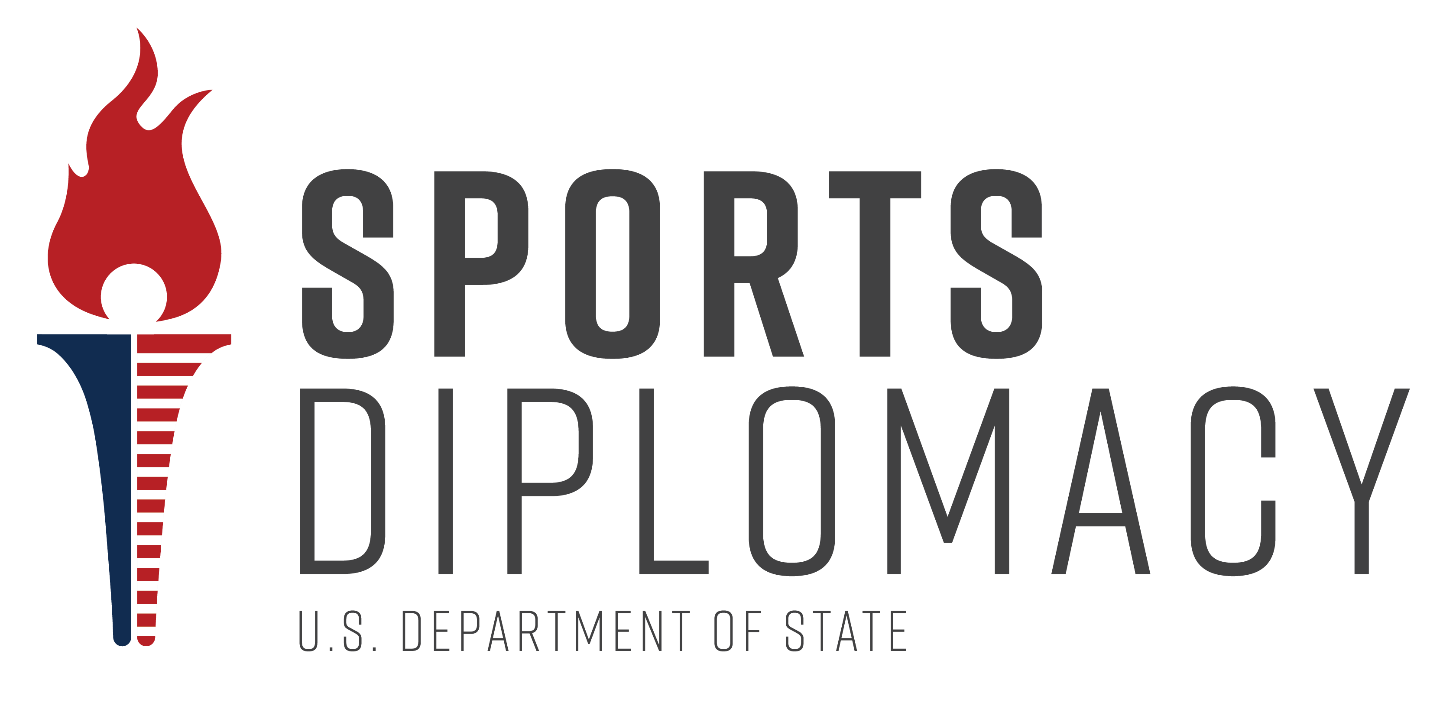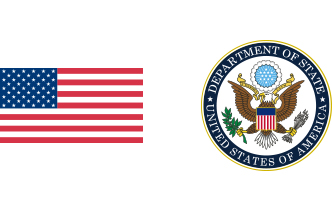-
What We Do
- WHERE WE WORK
-
About Us
 Welcome Message from Carol Jenkins
Welcome Message from Carol JenkinsFor more than 90 years, World Learning has equipped individuals and institutions to address the world’s most pressing problems. We believe that, working together with our partners, we can change this world for the better.
On my travels, I’ve had the opportunity to meet with many of those who have joined us in this mission. In Baghdad, we’ve trained more than 2,300 Iraqi youth who are already giving back at home. In London, our partners in the TAAP Initiative strongly believe that we are all responsible to practice inclusion. And in Vermont, our Experiment in International Living and School for International Training participants prove every day that they have the tools and the determination to change the world.
Please join us in our pursuit of a more peaceful and just world.
- Get Involved

Where We Work > Program List
International Sports Programming Initiative
DURATION: 09/12/2016 - 06/30/2024
FUNDER: U.S. Department of State
CONTACT: [email protected]
Program Description
The International Sports Programming Initiative used sports to promote tolerance and respect for diversity and to help underserved youth around the world develop important leadership skills and achieve academic success.
The International Sports Programming Initiative included two-way, multi-phased exchange programs funded by the U.S. Department of State’s Sports Diplomacy Division. On these exchanges, youth and community sports leaders from the Near East, North Africa, and Sub-Saharan Africa regions participated in various activities that used sports and sports programming to promote tolerance and respect for diversity and to help participants develop important leadership skills and achieve academic success. The program aimed to include marginalized groups as participants, including women, girls, non-English speakers, and individuals with disabilities. The program also directly supported a goal of youth empowerment and development by equipping exchange participants with the knowledge and skills to become active and responsible members of their communities and the global arena. The skills developed through the exchange programs contributed to safer, more inclusive environments in communities across the region and increased opportunities for young people.
The program also funded trainers/experts and community sports leaders from the U.S. to travel to the region for each exchange program to work with youth athletes and organizations in local communities.
The International Sports Programming Initiative was sponsored by the U.S. Department of State, funded by the U.S. Government, and administered by World Learning.
Countries: Algeria, Bahrain, Israel, Jordan, Kuwait, Lebanon, Morocco, Namibia, Saudi Arabia, Tanzania, Tunisia
Program Goals
- Equipped a new, more inclusive generation of youth, athletes, and sports professionals in the Near East, North Africa, and Sub-Saharan Africa regions with the skills to use sports as a way to enhance cooperation, tolerance, and respect for people from different backgrounds.
- Explored programs and best practices to be used by adult or youth participants trying to combat violence, support tolerant behavior, and empower youth with leadership skills through sports activities.
- Built regional networks of sports and youth development professionals.
- Promoted growth and stable democratic governments.
- Removed barriers and created a world in which people with disabilities enjoyed dignity and full inclusion.







